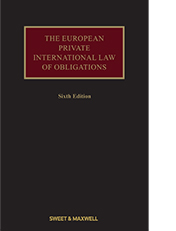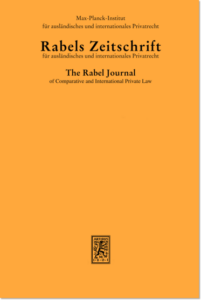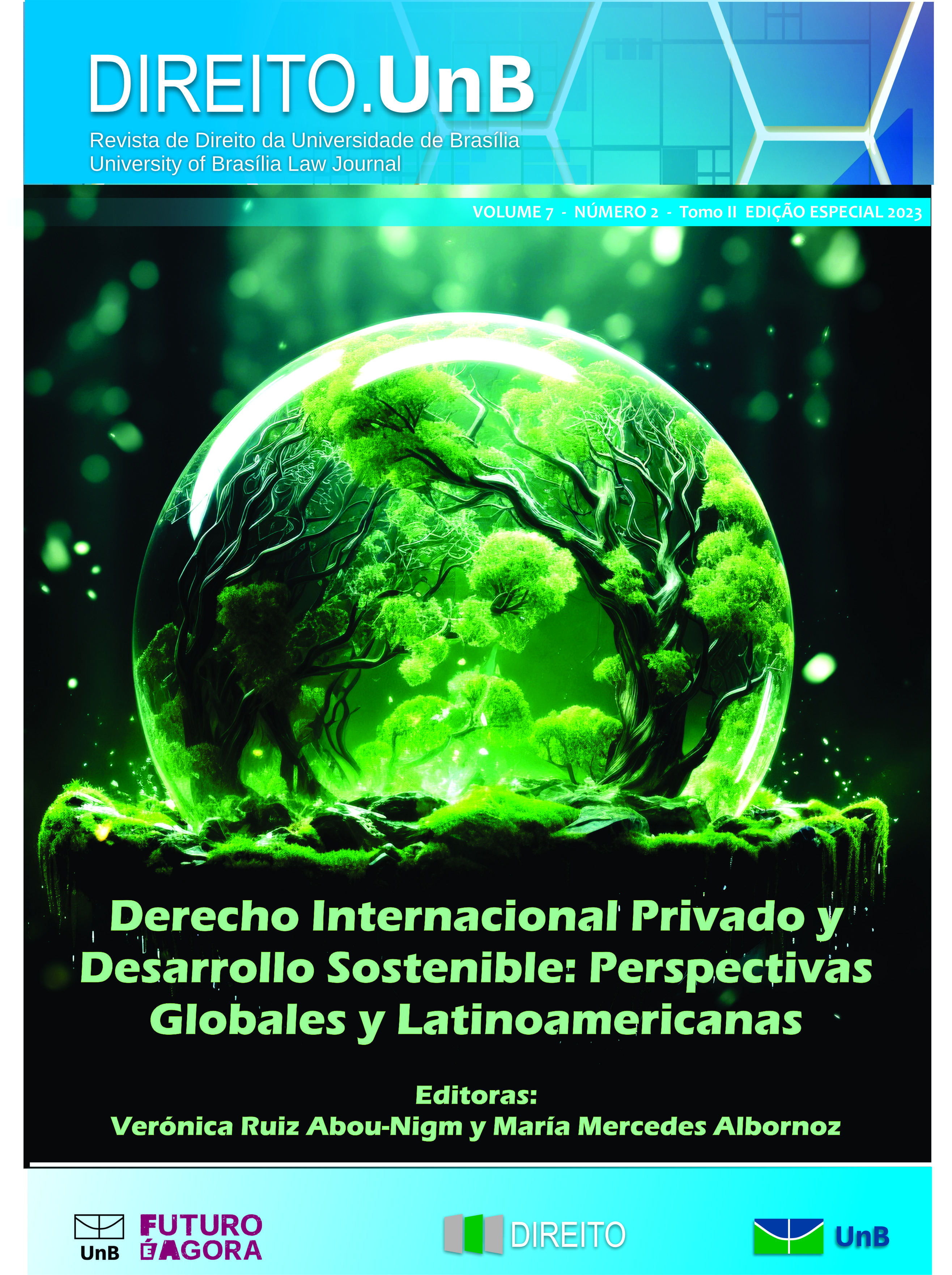BOOK REVIEW OF THE EUROPEAN PRIVATE INTERNATIONAL LAW OF OBLIGATIONS
EDITED
Sweet & Maxwell is offering a 15% discount on all orders of the book until January 31st 2024. To receive your discount on purchases of the hardback and ProView eBook versions of The European Private International Law of Obligations please visit Sweet & Maxwell’s estore and quote the discount code EPILOO23 at checkout OR call +44 (0)345 600 9355. Offer valid from 22nd December to 31st January 2024.


 The latest issue of RabelsZ has just been released. It contains the following contributions:
The latest issue of RabelsZ has just been released. It contains the following contributions:
